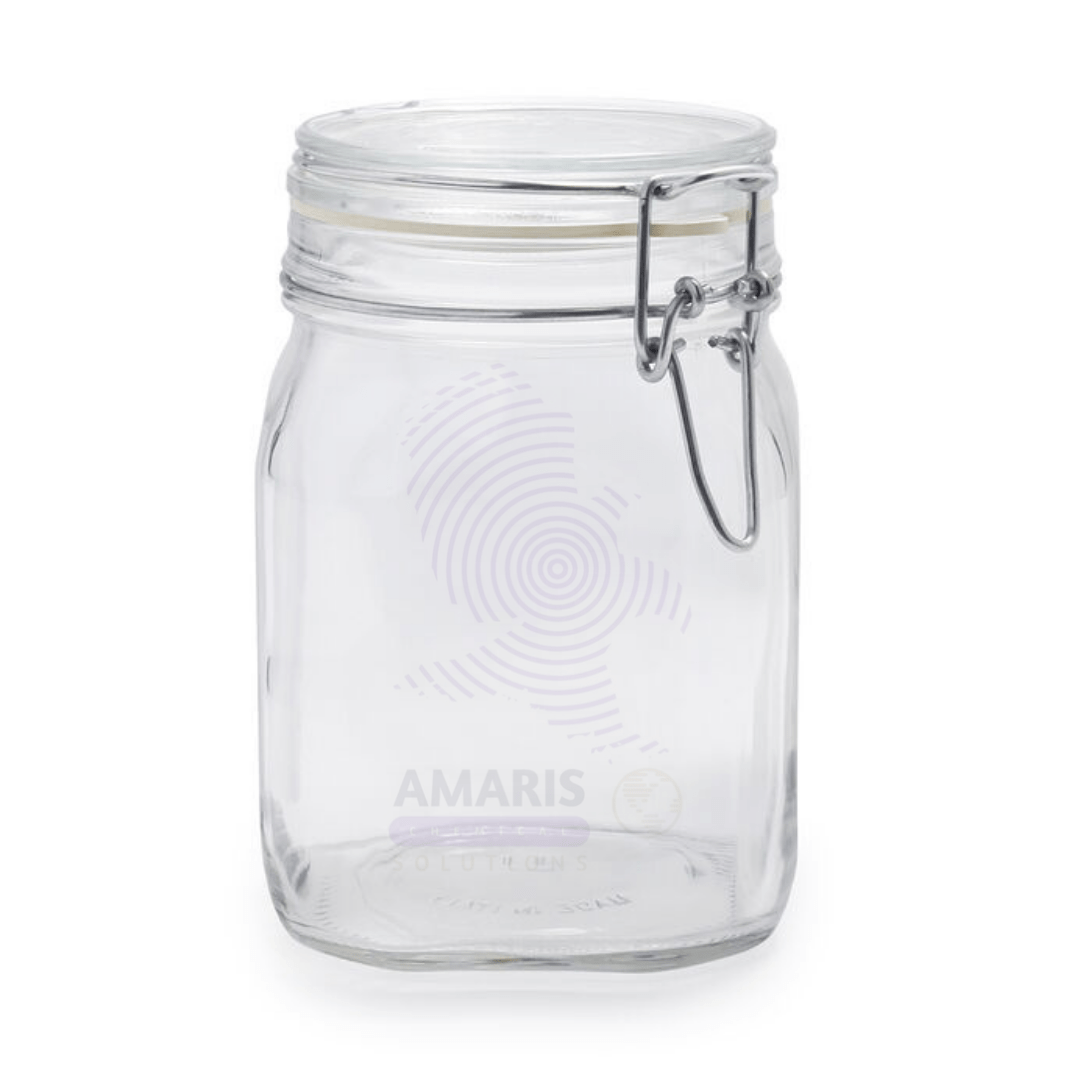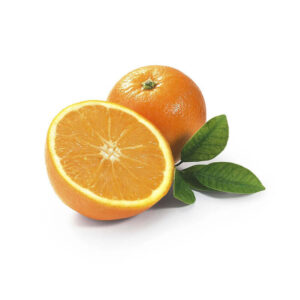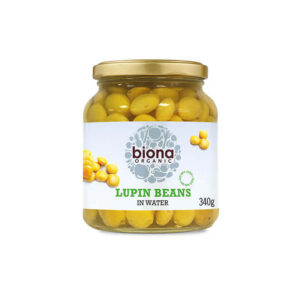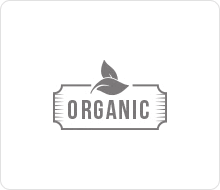Uses of Preservation glass lab bottles
- Sample Storage:
Ideal for storing biological samples, chemicals, and reagents due to their airtight seals and resistance to contamination.
- Long-term Preservation:
Suitable for long-term storage of sensitive materials, such as cultures or cell lines, that require stable conditions.
- Chemical Reagents:
Used to store concentrated acids, bases, solvents, and other reagents, as glass is resistant to many chemicals and prevents leaching.
- Environmental Testing:
Useful in storing environmental samples, such as water or soil, to prevent contamination before analysis.
- Pharmaceutical Applications:
Employed in the pharmaceutical industry for storing drugs and compounds to maintain their stability and purity.
- Food and Beverage Testing:
Often used in laboratories analyzing food and beverage products to ensure sample integrity during testing.
- Research and Development:
Utilized in R&D settings for experiments requiring precise measurements and contamination-free conditions.
- Medical and Clinical Labs:
Important in clinical settings for storing blood, urine, and other bodily fluids for diagnostic testing.
- Preserving Microorganisms:
Used for preserving bacterial cultures, yeast, and other microorganisms in laboratory settings.
- Centrifuge Tubes:
Some preservation glass bottles can be adapted for use in centrifuges for various laboratory applications.












Reviews
There are no reviews yet.